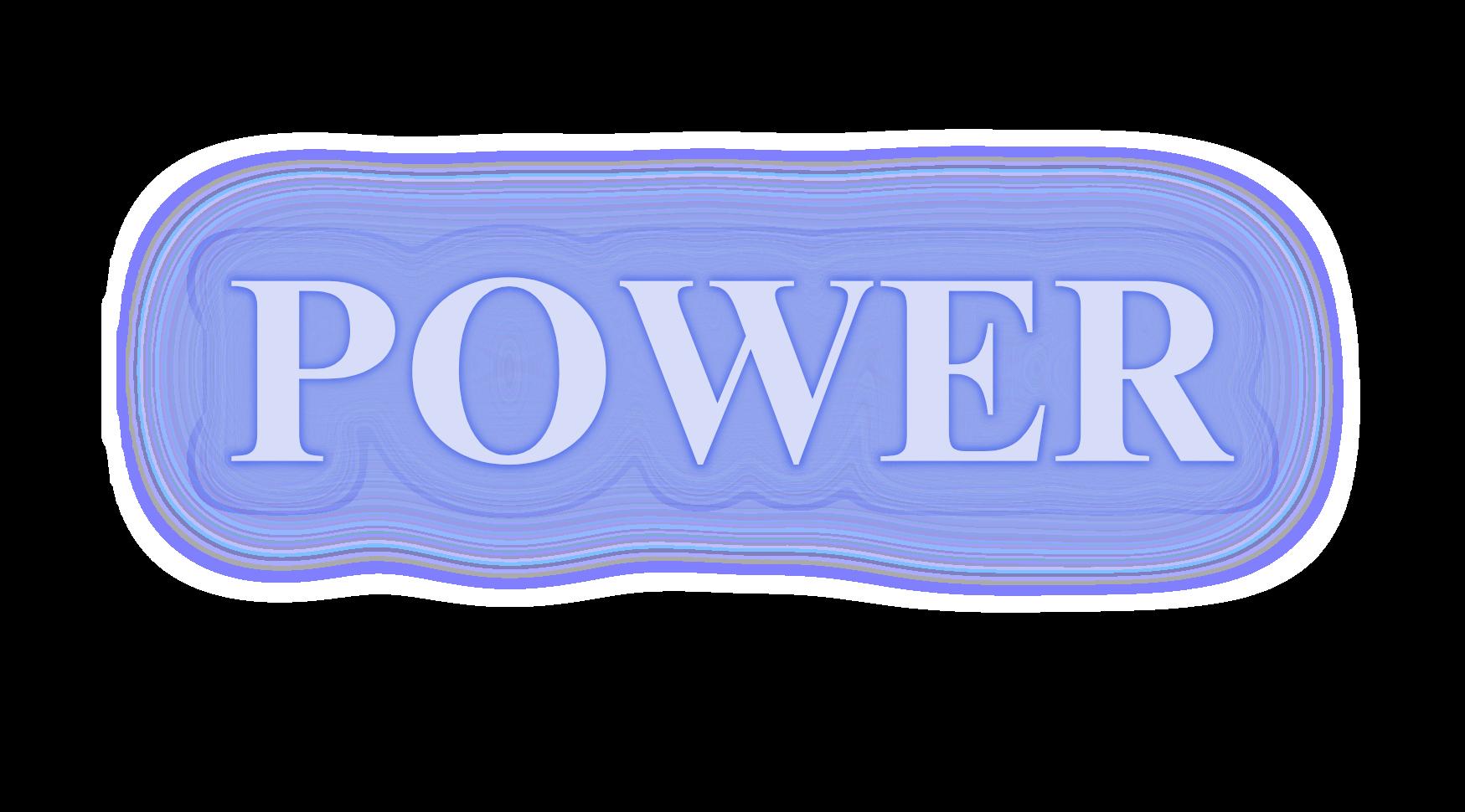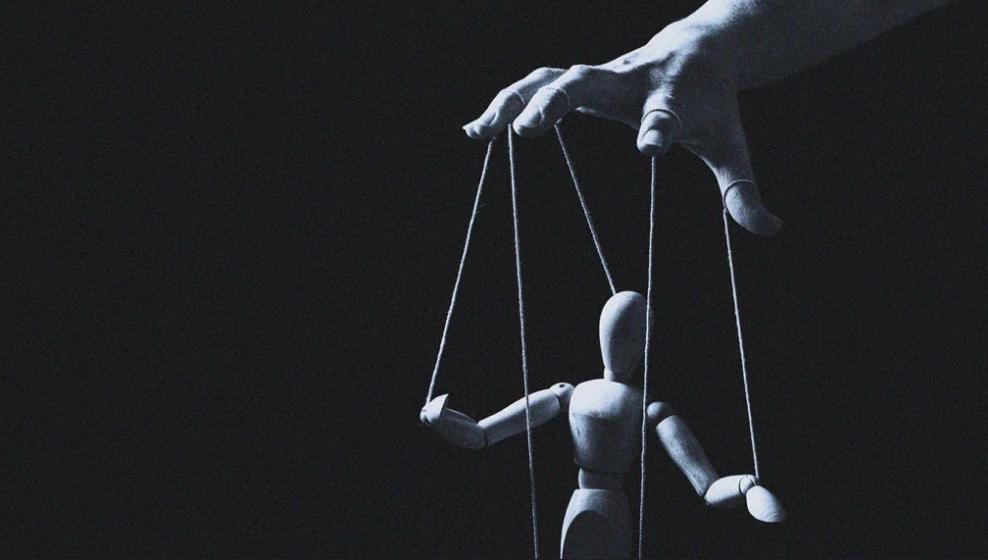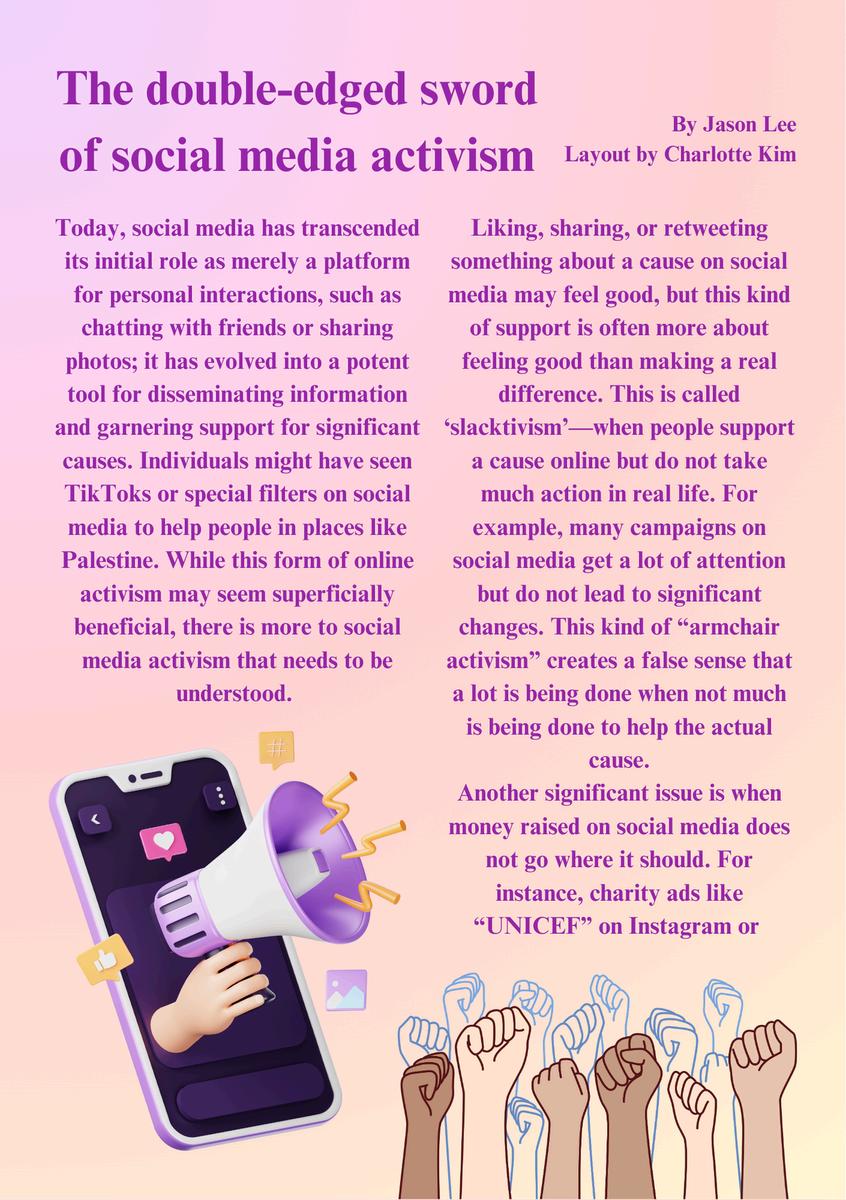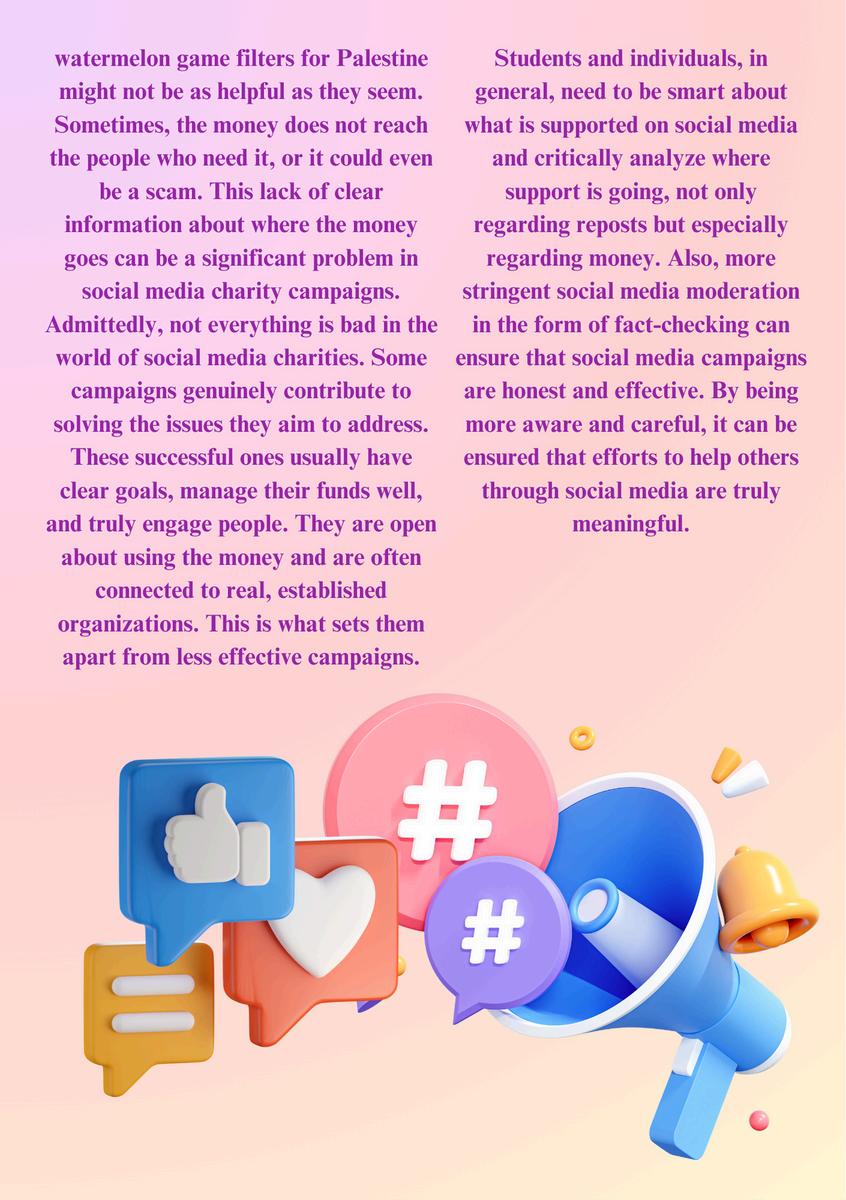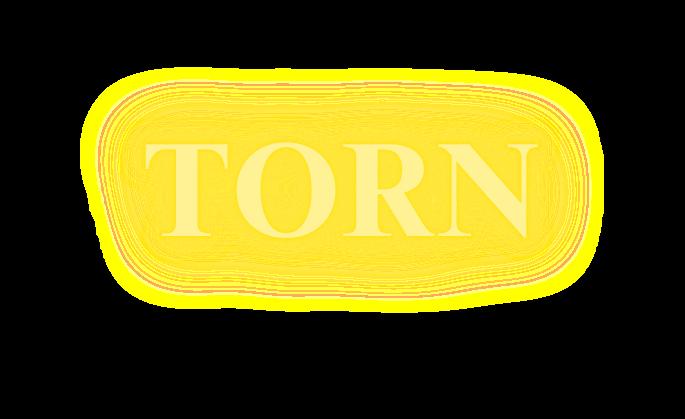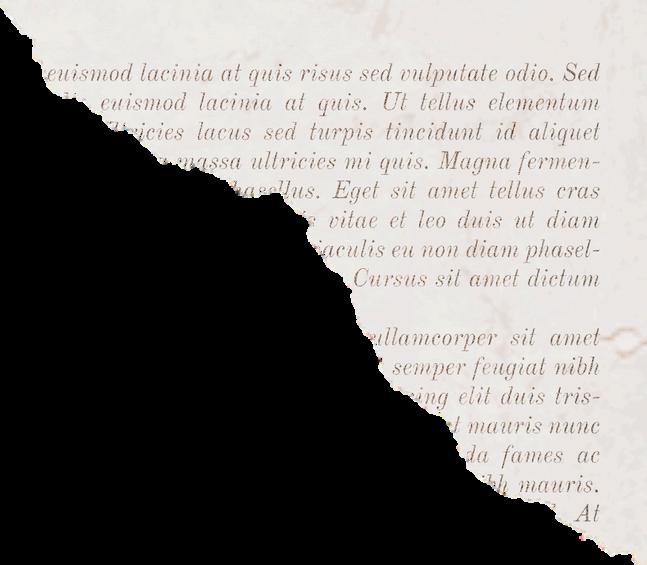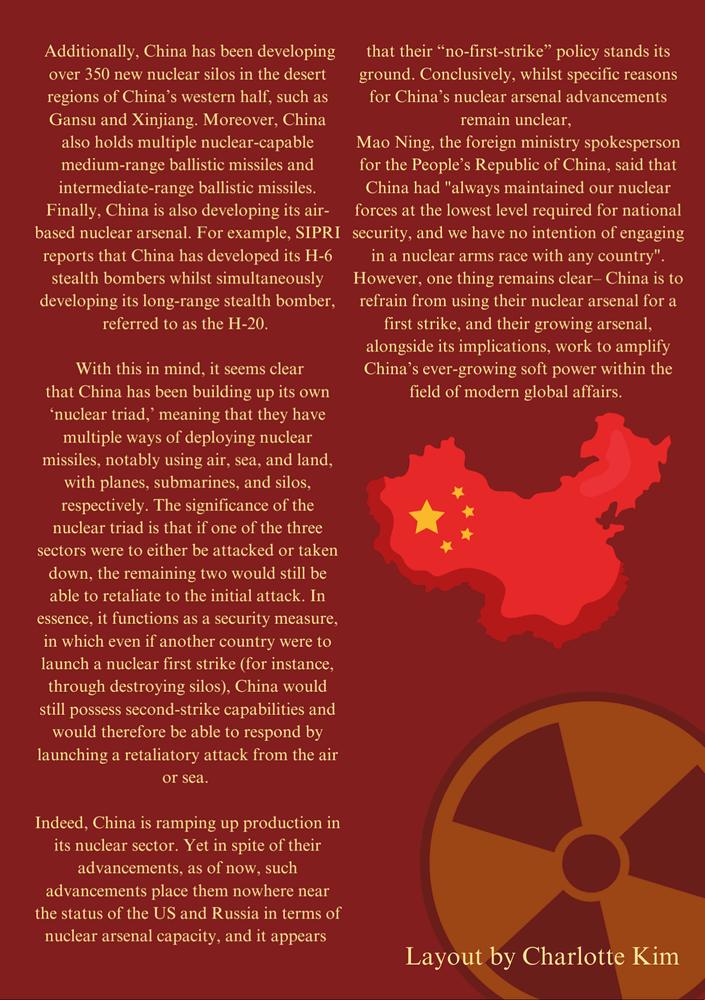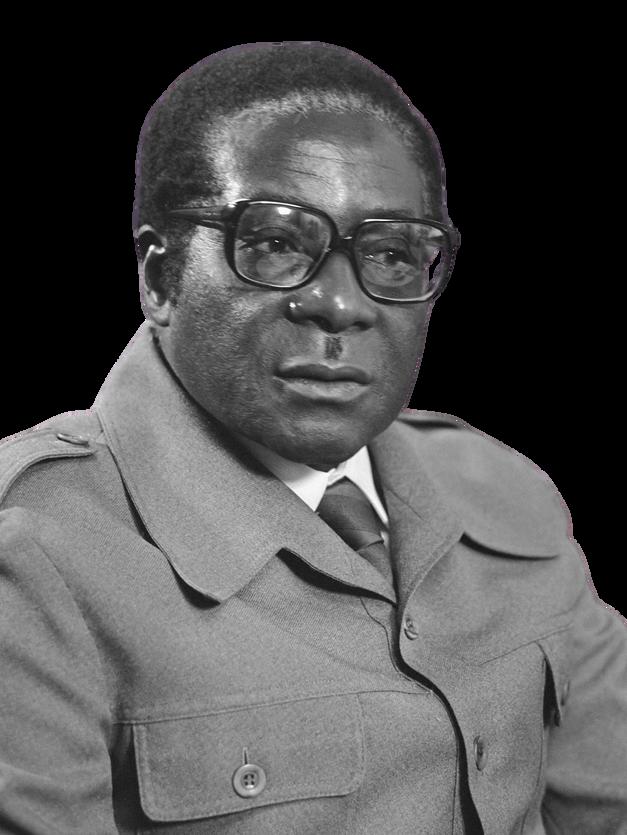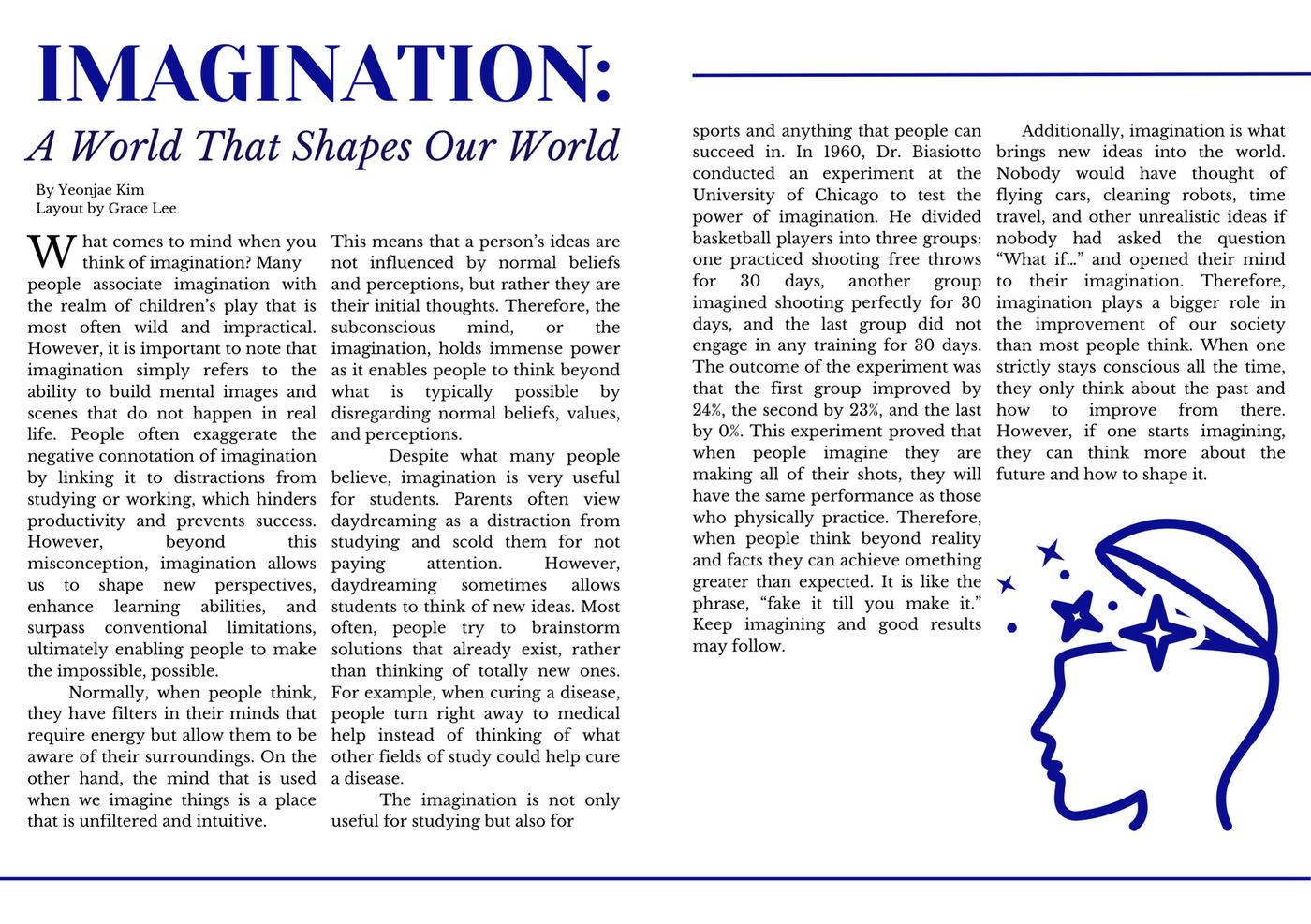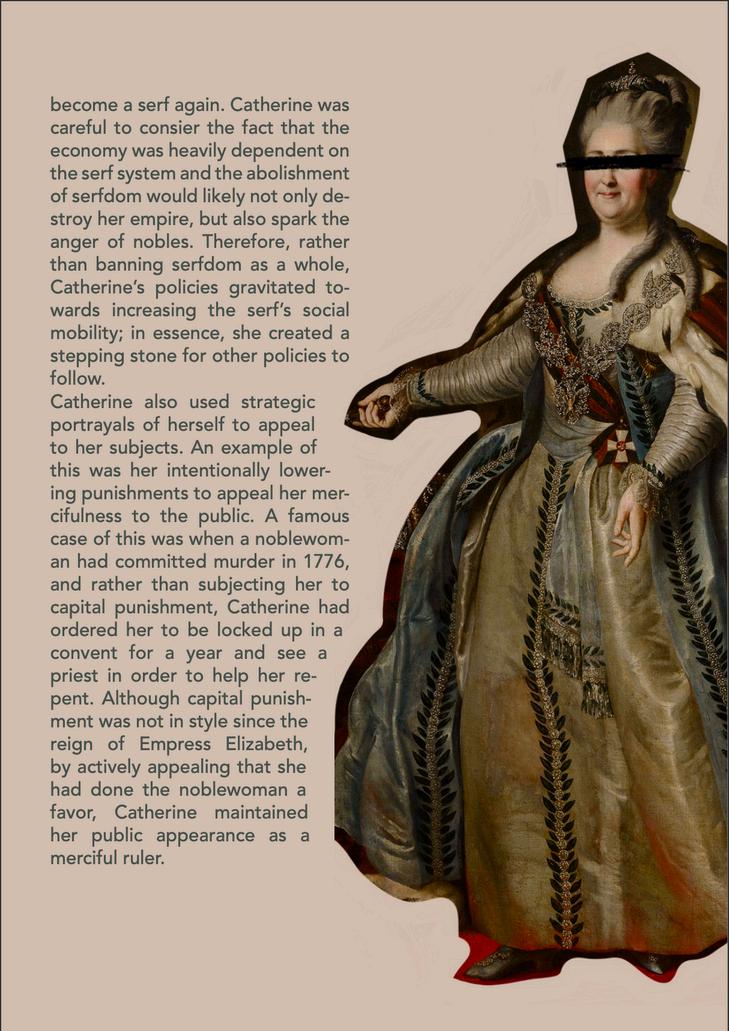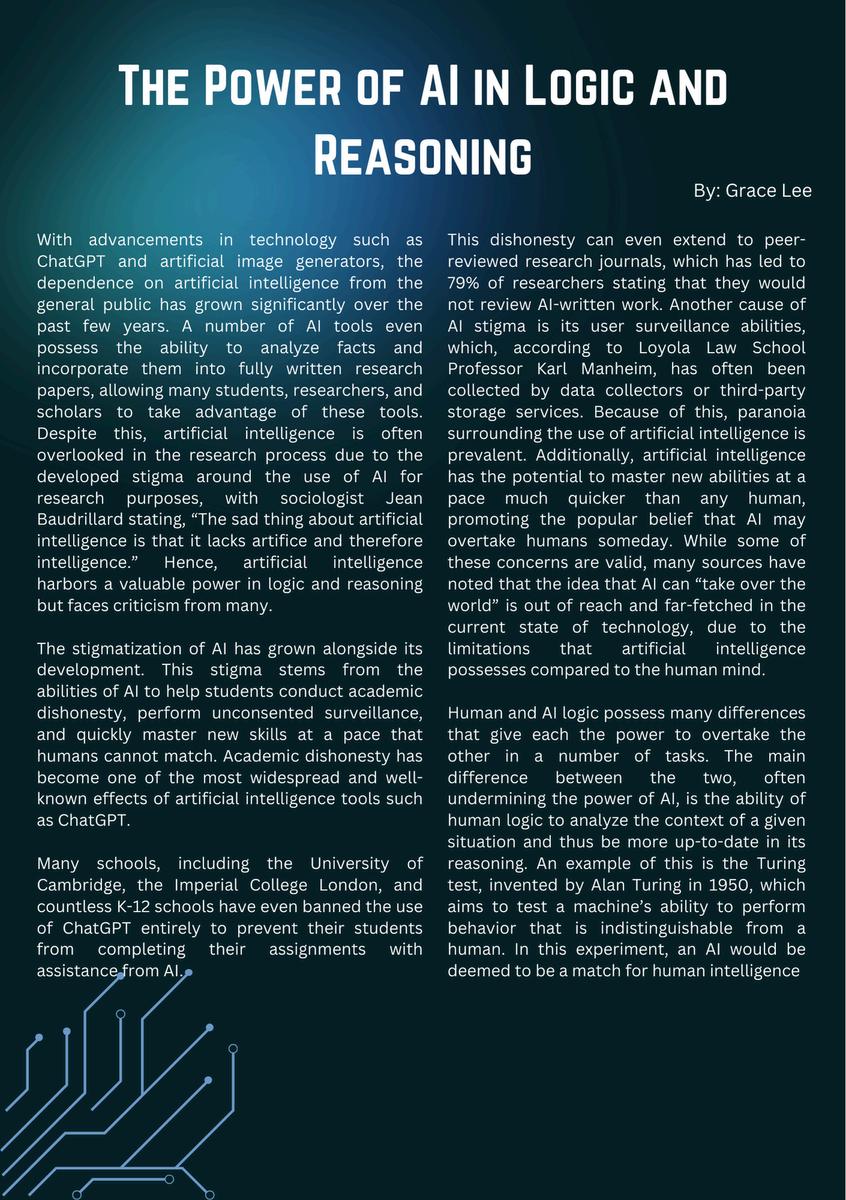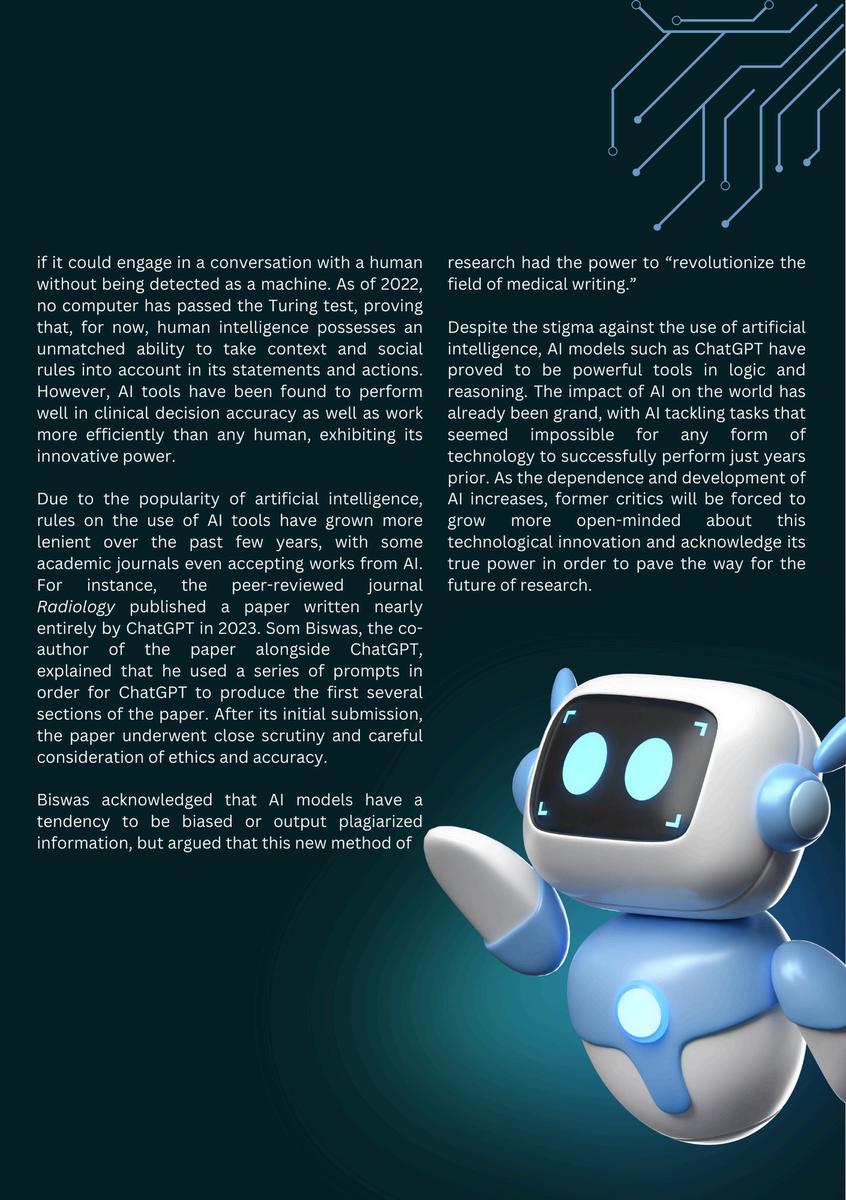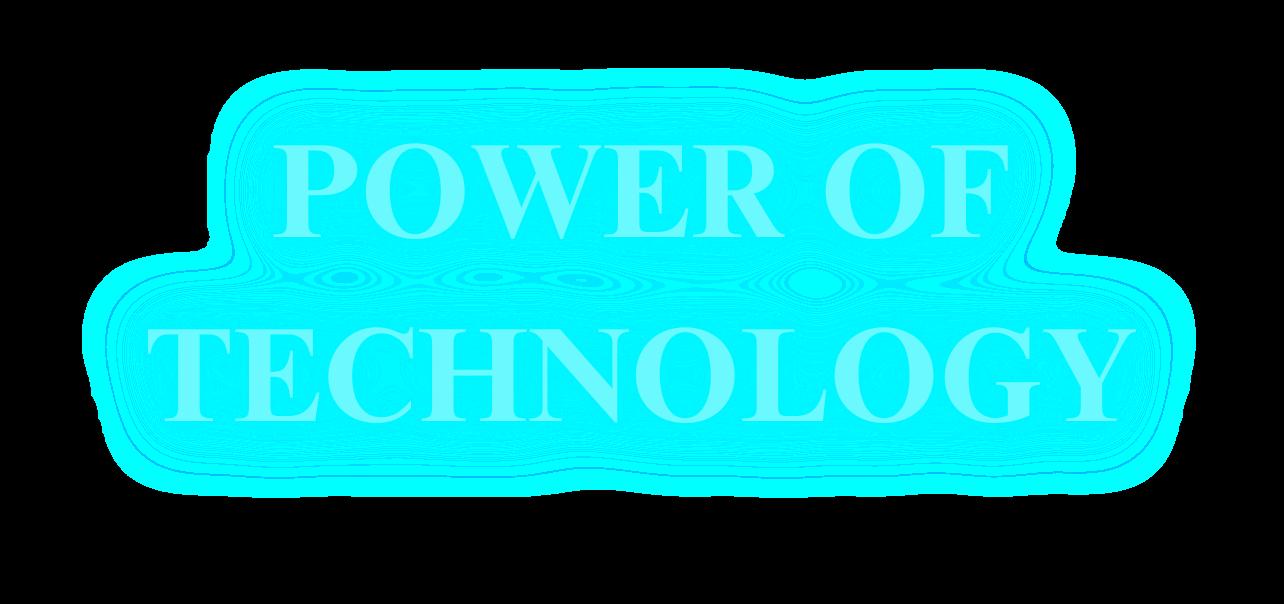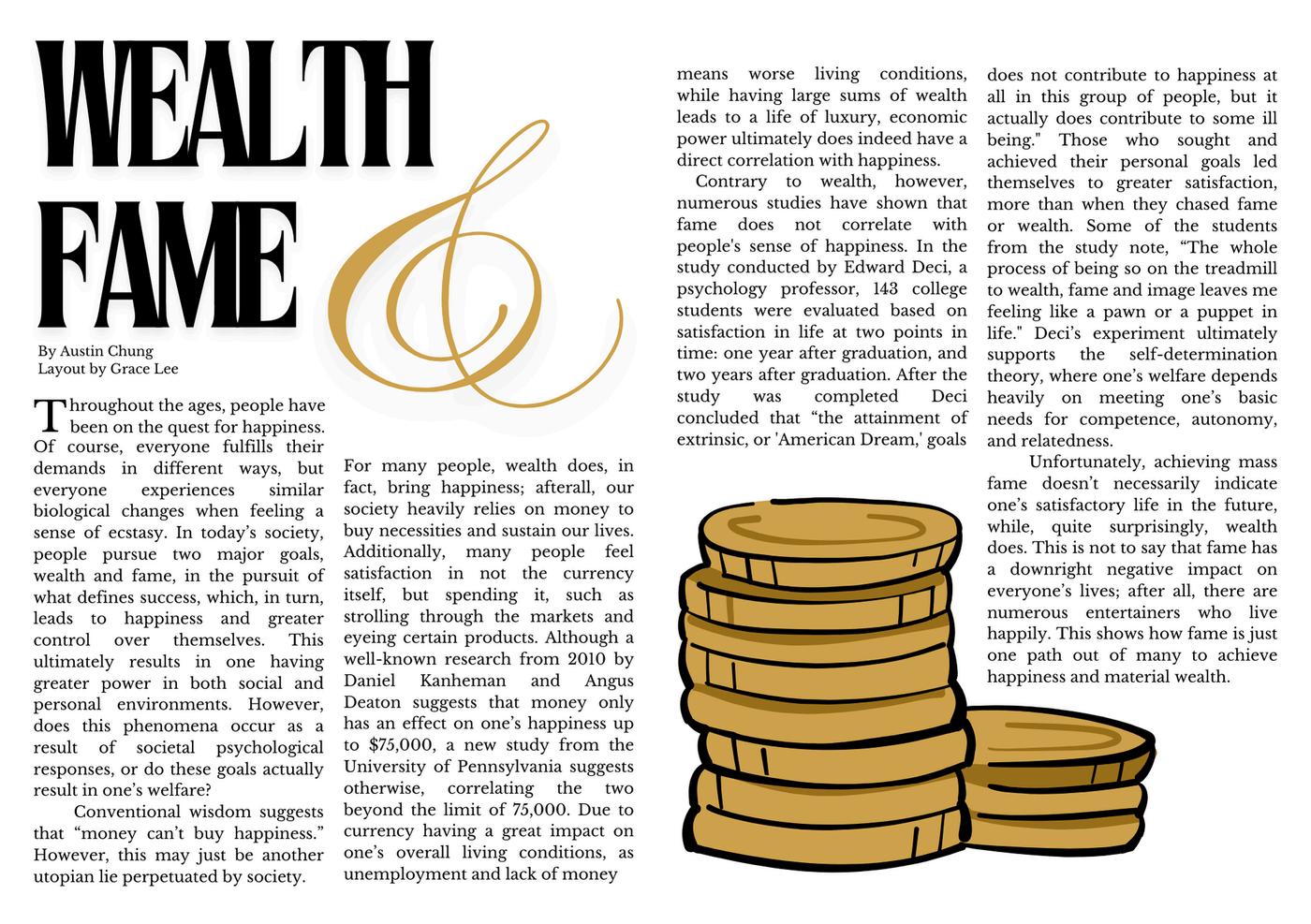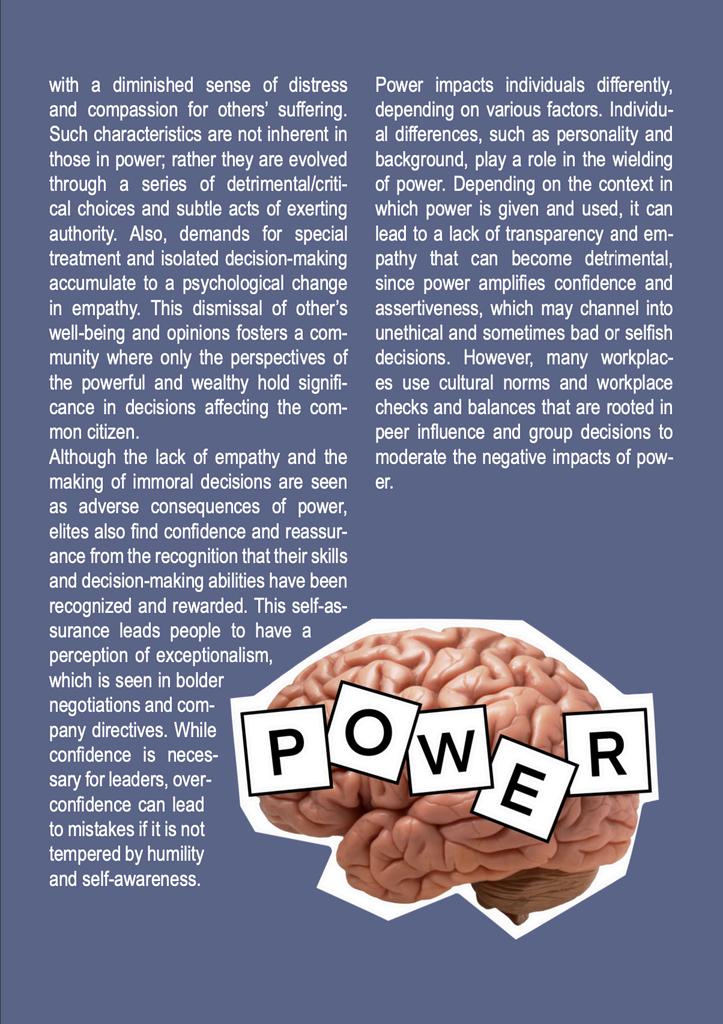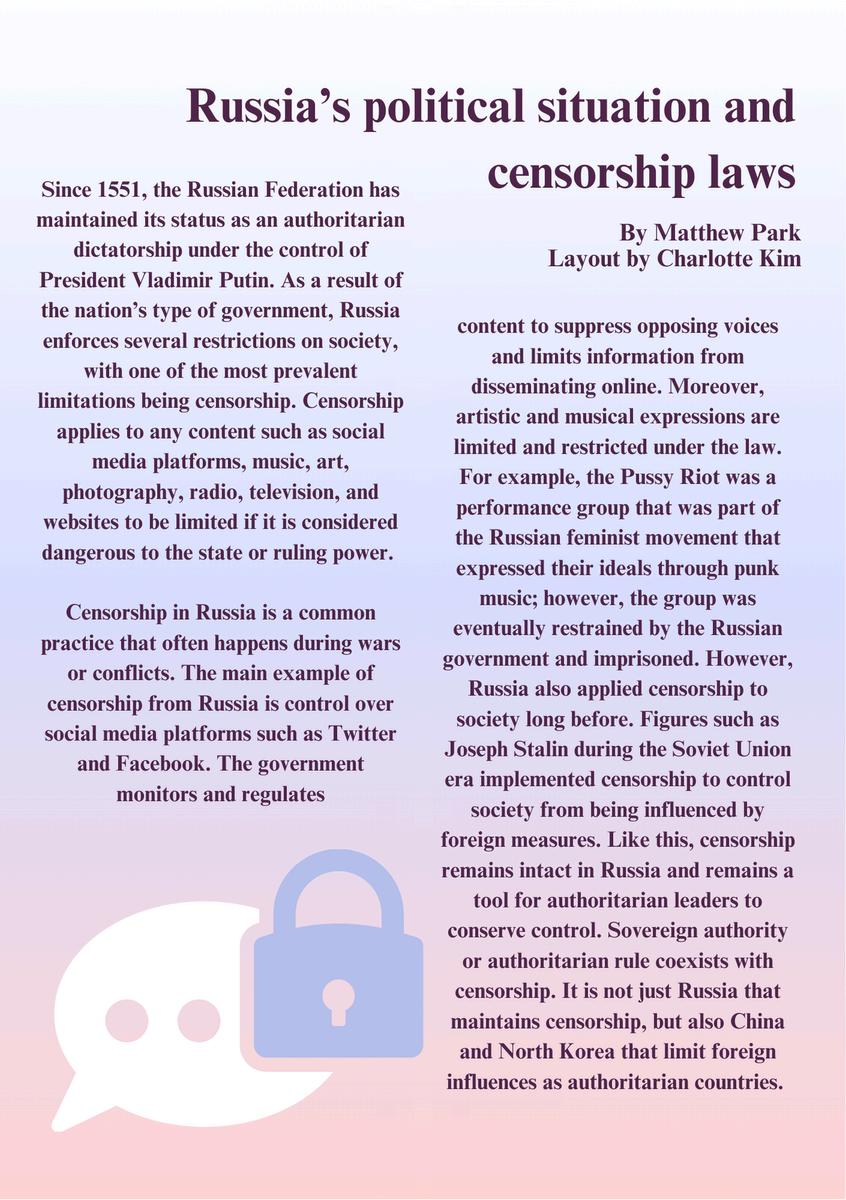“Nearly all men can stand adversity, but if you want to test a man's character, give him power.” – Abraham Lincoln
Power is a measure of influence, control, and leadership. But beyond the surface, the deeper truth of power reveals the complex dynamic between individual and society. Throughout history, we have witnessed power build civilizations, inspire revolutions, and, at times, corrupt those who wield it. But what does it mean to have power today? Is it the ability to lead with integrity, to uplift others, or to dominate?
In this issue, we examine how power shapes leaders, movements, and societies. From political authority and economic dominance to the power of ideas and voices, we explore these forces and the responsibility that come with them.
“Freeman and slave, patricia serf, guildmaster and journeym and oppressed, stood in con another.” - Ka
This piece discusses the im relationship between an oppr pp The background is dark and devoid of context in order to allow for free interpretation. Individuals and their volatile emotions are simplified and represented by the paper figure in the painting. The hands, which are far larger than the paper figure in size to signify power, pose agents of destruction. The figure is torn apart, ripped to shreds, and reduced to pieces all for the benefit of another. Amid the destruction, gold sparks are present as a representation of the hope that is ultimately lost or, perhaps, the hope that persists despite the pain. Thus, a sense of ambiguity exists within this piece—will one succumb to external power? Or will one rise from the ashes in spite of it?
Layout by Charlotte Kim
The Reign of Robert Mugabe
When thinking of notorious cases of tyranny, many first think of Kim Jong Un’s tight grip on North Korea; however, the 37-year reign of Robert Mugabe over Zimbabwe is just as, and perhaps even more notable. The New York Times described him as having “traded the mantle of liberator for the armor of a tyrant.” In other words, his reign had a glorious beginning, with people erupting in celebration as his presidency was announced. However, Mugabe later had a downfall just as notable as his rise.
By Russell Jin Layout by Charlotte Kim
TYRANT
In 1965, Zimbabwe, then named Rhodesia, began to resist its British colonial rule. The regime seemed to be coming to an end, as heavy guerilla resistance was rampant in the country, and the colonization was gaining global disapproval. One such radical guerrilla who fought for the country’s freedom was one Robert Mugabe, a former schoolteacher. Eventually, after periods of brutal warfare, Ian Smith, the president of Rhodesia, conceded power to the black majority population, led by the guerilla groups. However, after this power vacuum was created, multiple parties began to struggle for power. While the moderates saw initial success, the extremists, with Mugabe at the helm, won in 1980 after employing violence. On January 1, 1988, Mugabe officially became the executive President of Zimbabwe. Mugabe’s actions initially augured a successful reign; he helped in urbanizing the country, and greatly expanded access to both education and healthcare. The country saw an economic boom, but this period of
prosperity would be short-lived. Protests against Mugabe were violently quelled, and elections were held every so often, but none were fair nor free, as Mugabe always appeared as the victor. During Mugabe’s reign, unemployment peaked at 80%, and hyperinflation also occurred (at one point, the country had a hundred trillion Zimbabwean dollar note). The government had to take great steps to restore its economy in 2008. There exist several cases that the extent of Mugabe’s tyranny and abuse of power; one such infamous example is the election of 2008.
On March 29, Mugabe lost the presidential election to Morgan Tsvangiri. Mugabe did not accept the defeat and demanded a recount of the votes, which would ultimately lead to a runoff election being proposed for later. In the meantime, Chaona, a remote farming village which had voted for Tsvangiri, was ravaged by Mugabe supporters. In the wake of this rampage, seven were left dead. It is theorized that Mugabe employed professionally trained soldiers to get his way politically. Moreover, Mugabe was ruthless in his quest for dominance; no individual that clashed with Mugabe was safe. Gibbs Chironga, a shopkeeper, was a key opposition leader during this election. Militiamen arrived at his house and shot him to death with an AK-47. The rest of Chironga’s family was subjected to drinking a herbicide which burned their mouths and faces. As the attacks on Mugabe’s opponents intensified, Tsvangiri retracted
from the runoff election. Ironically, after being sworn into office following this election, Mugabe waved a Bible in the air as a celebratory gesture.
On September 6th, 2019, cheers that had not been seen since the first announcement of Mugabe’s presidency erupted in Zimbabwe. This time, it was to celebrate Mugabe’s death.
At the age of 95, after a 37-year reign, Mugabe had died. However, Mugabe was already forced to resign in 2017; Army officers feared that Mugabe would appoint his second wife Grace Mugabe as his successor, and they took action by placing him under house arrest. Mugabe was succeeded by Emmerson Mnangagwa, who is the president of Zimbabwe today. Evidently, not much has changed; Amnesty states that “Former regime’s legacy of violence, oppression and impunity endures” under his reign.
Robert Mugabe, the man who was at the forefront of Zimbabwe’s liberation, the man who was once lauded for being a model leader of Africa, ended his reign as a widely feared tyrant. In 2016, during a speech before the African Union in 2016, he said he would remain at the helm “until God says, ‘Come.’”
He was unrelenting and did anything to maintain his power over the country. All in all, the tale of Robert Mugabe speaks volumes about abuse of power; it can happen to anyone, even formerly respectable people, if there are no checks and balances. If abuses of power can happen at this national level, disastrous consequences inevitably ensue.
By Selina Son
The serpent that grasps all things in society
Vested Interest and its influence in the medical world and the opium epidemic
To make a decision that influences billion-dollar industries, generation of youths, and more fairness and disinterest undoubtedly should list highly on qualities the decision-makers act upon. However, more often than not, those in power possess a close connection with the money-makers of the field they lie in which pushes them into a biased and often greedy path. Coined to encapsulate the relations of those in power purposefully — or not — vested interest points towards a personal stake or involvement in certain circumstances, especially with an expectation of financial enhancement. Such interest can turn positively into a motivator for productive work as employees who possess stock of their company benefit financially as the company grows. Or it can quickly turn sour as corruption and greed bloom in a situation where those in power only grow richer and the poor try to grapple with unjust policies. Most recently, governments have gained the limelight in the pharmaceutical industry as major shippers of some drugs push to disregard many patients’ budgets and only their capitalistic gains. One example can be listed in India where a law was brought to solidify doctors in the prescription of generic drugs only. In such unbranded generic drugs, the issue of quality is at large and when the medical and pharmaceutical industry involves itself, this pans to not only an issue of money but numerous patients’ lives. The issue of drugs extends itself globally. The ongoing opium crisis in America falls victim to vested interest. Around 2020, the Sackler Family rose to infamy with their connections to opioid manufacturer Purdue Pharma that
Layout by Charlotte Kim
sold the addictive drug OxyContin. Revealed in a book, numerous patients’ lives.
The issue of drugs extends itself globally. The ongoing opium crisis in America falls victim to vested interest. Around 2020, the Sackler Family rose to infamy with their connections to opioid manufacturer Purdue Pharma that sold the addictive drug OxyContin. Revealed in a book, “The Empire of Pain” by Patrick Radden Keefe exposes the false advertisement that the company pled guilty to along with the hundreds of victims whose lives forever stay compromised under addiction of OxyContin. With the number of victims continuously on the rise, many would seek justice for not only the harm that ensues on humans but also the
sneaky dark alleys they use to rise financially. However, as Keefe “exposed” the Sackler family, these companies ensure their ticket to luxury is a silent one with close to no representation in the media.
Vested interest wrangles many as the web of influence these decisions make can trickle down to the drug addicts who seek pleasure from addictive opioids. The laws and dice of the rich continuously push an agenda of wealth towards people in power. To want justice might seem an optimistic dream but as whistleblowers and investigative work dives deeper into the inner-web of the rich, perhaps vested interest can be in the spotlight.
In an age where the digital interface extends beyond the screen, technology has become a force that shapes not just how we connect, but how we perceive, feel, and define our existence. My work explores this dynamic, examining the duality of technology as both an empowering and distancing agent.
Layout by Charlotte Kim

